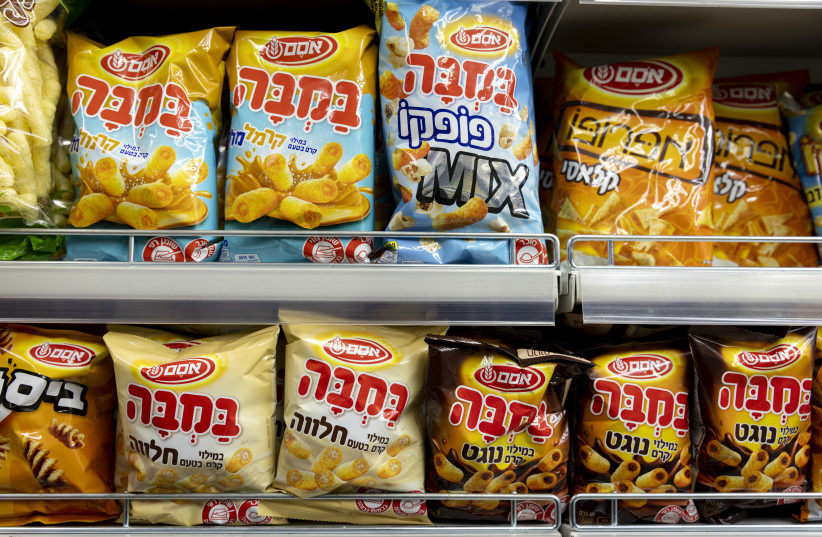Economy Minister Nir Barkat called on the Israeli public to boycott Strauss, saying the company had "lost its shame." The minister called for the boycott after the company announced it would distribute a dividend of hundreds of millions of shekels, despite complaining to Barkat about its financial situation and raising prices on its products during the war.
"They suddenly found hundreds of millions to give out to shareholders," said Barkat in a statement Tuesday. "I call on the public not to purchase Strauss products."
The Strauss Group, an Israeli food giant, has been considered one of Israel's most stable and largest food manufacturers. It began in 1939 as a small dairy producer in Nahariya. Over the past 85 years, Strauss has employed around 12,000 workers, 6,500 of whom are based in Israel.
Earlier this month, Barkat announced that the latest step in consumer protection regulation is to include a black sticker on products that have raised their prices throughout the war without government approval.
Strauss enters economic blacklist
In February, Minister Barkat announced that the Strauss company, which initially stated that it would freeze its ever-rising prices amid the ongoing war, entered the economic blacklist.

To protect consumers from raising prices throughout the war, companies are placed on either the economic blacklist/whitelist.
"It's time for the [Israeli] public to punish those who [take advantage of them] in times of peace and even more so in times of war.
We do not buy from companies that are on the blacklist."
